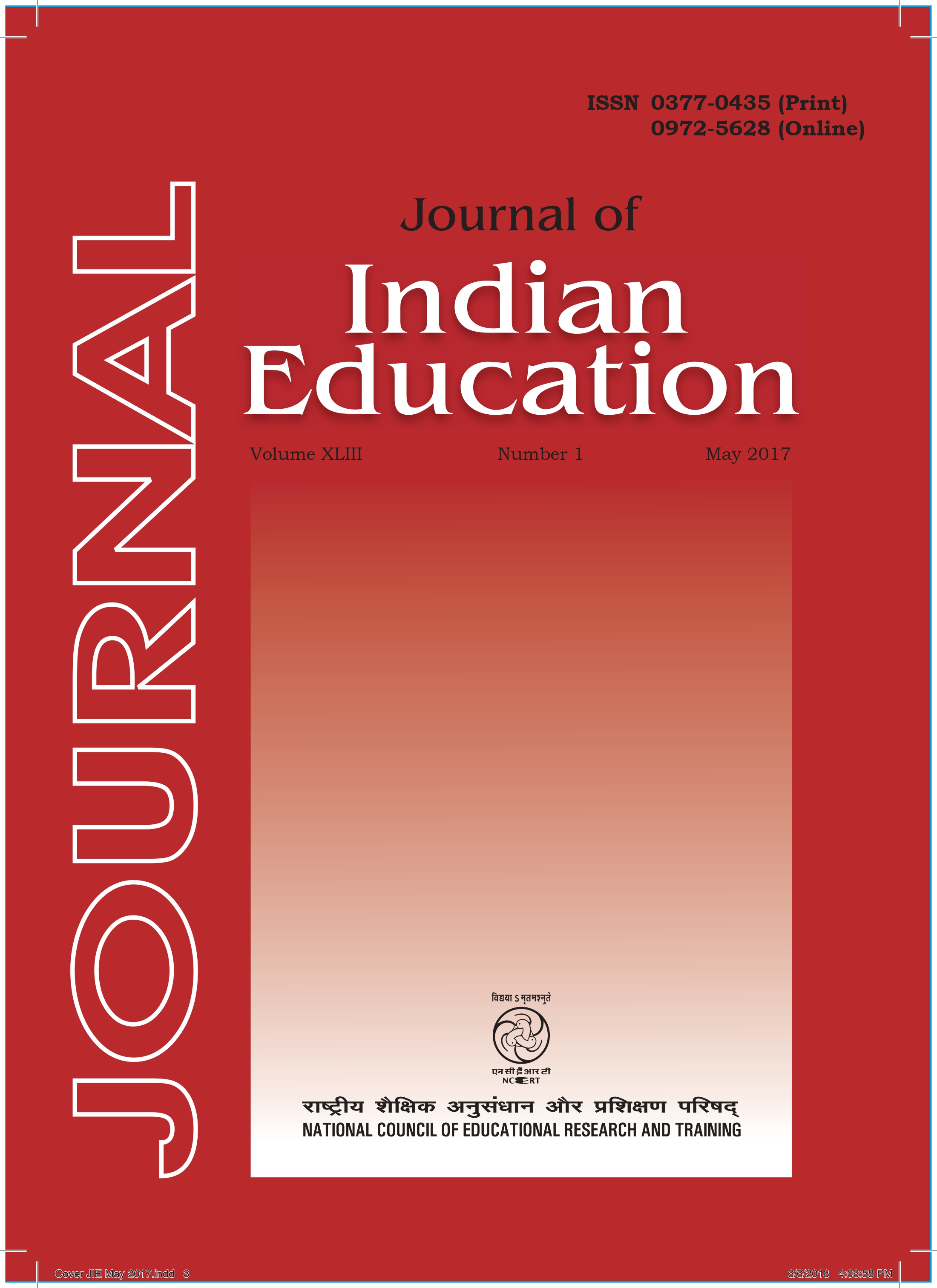Significance of Affective Factors in Mathematics Learning of Low-achievers An Analysis of Barriers in High School Mathematics Achievement from Kerala
Published 2017-05-31
Keywords
- Mathematics Education,
- Secondary Education
How to Cite
Abstract
This study administered a questionnaire on classroom and instructional factors, learner cognitive and affective factors and familial–parent relational factors affecting mathematics learning, and an achievement test in mathematics to 720 Grade 9 students of Kerala, to identify barriers that interfere with their achievements in mathematics. Chi-square analyses of the frequencies were followed up through comparison of proportions, and calculation of Risk Ratio and Odds Ratio. The findings indicate that, as against the customary belief that it is the learner-cognitive, classroom-instructional, and parental active involvement and support that distinguishes low–high achievement continuum in mathematics, it is infact the affective environment in school and at home and the related beliefs in the learner that make difference between high and low achievers in mathematics. The study implies that schools with large share of low-achievers in mathematics need to realise that students’ performance cannot be raised in the long run as long as the focus is mainly on curricular and instructional factors and classroom management techniques.

